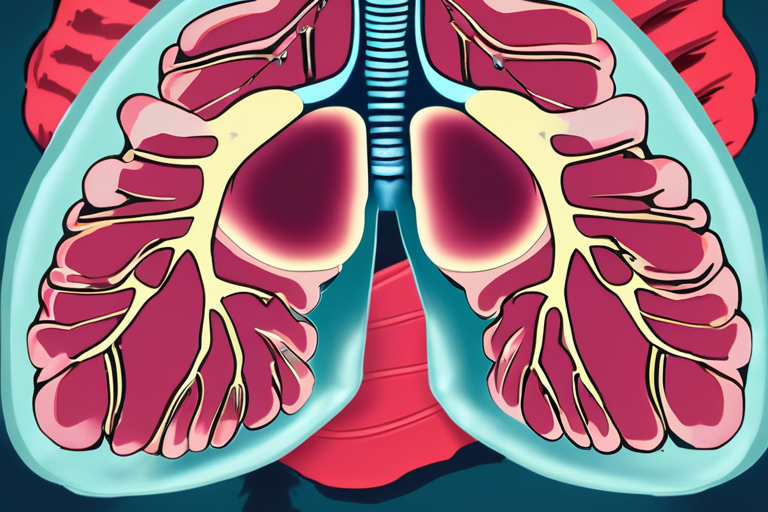Fruit May Shield Lungs from Air Pollution's Harmful Effects: New Study Reveals Surprising Benefit


Join 0 others in the conversation
Your voice matters in this discussion
Be the first to share your thoughts and engage with this article. Your perspective matters!
Discover articles from our community

 Hoppi
Hoppi

 Hoppi
Hoppi

 Hoppi
Hoppi

 Hoppi
Hoppi

 Hoppi
Hoppi

 Hoppi
Hoppi

Common Air Pollutant's Secret Weapon: Bacterial Toxins A groundbreaking study published in the journal Nature has revealed that bacterial toxins …

Hoppi

Common Air Pollutant Has a Secret Weapon: Bacterial Toxins A recent study has revealed that bacterial toxins can induce an …

Hoppi

Common Air Pollutant's Secret Weapon: Bacterial Toxins A recent study has revealed that a ubiquitous air pollutant, known as particulate …

Hoppi

Common Air Pollutant's Secret Weapon: Bacterial Toxins A recent study has revealed that bacterial toxins can amplify the harm caused …

Hoppi

Common Air Pollutant's Secret Weapon: Bacterial Toxins A recent study has revealed that bacterial toxins can amplify the harm caused …

Hoppi

Common Air Pollutant Gets a Boost from Bacterial Toxins A recent study has revealed that bacterial toxins can significantly enhance …

Hoppi